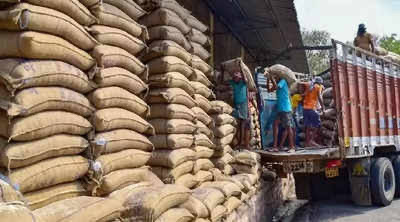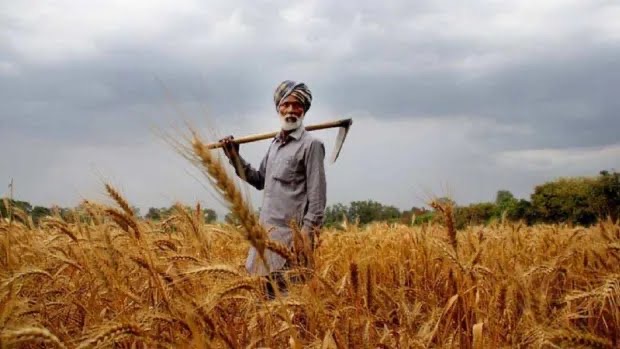The recent imposition of stockholding limits on wheat by the government aims to address the escalating prices of this essential commodity. As wheat prices have surged in the past month, the government’s decision to curb hoarding and speculation through these measures is a prudent step. By implementing these restrictions until March 2024, the government aims to stabilize wheat prices and ensure an adequate supply for consumers.
Wheat plays a crucial role in the daily lives of millions, serving as a staple food for a significant portion of the population. The recent increase in wheat prices at the mandi level necessitated immediate action. Although wholesale and retail prices have not risen significantly, the government’s decision to impose stock limits on traders, wholesalers, retailers, big chain retailers, and processors reflects its commitment to prevent any undue price hikes that could impact consumers. These measures are designed to curb hoarding practices and maintain a healthy balance between supply and demand.

The government’s decision to release 15 lakh tonnes of wheat from the central pool to bulk consumers and traders under the Open Market Sale Scheme (OMSS) further demonstrates its commitment to addressing the issue. By making this wheat available in the open market, the government aims to cool down prices and maintain a steady supply. Additionally, the statement from the Food Secretary that there are no plans to import wheat due to sufficient domestic stock reassures consumers that the country’s needs can be met without relying on external sources.
One of the primary reasons behind the imposition of stockholding limits is to combat hoarding and unscrupulous speculation. The government’s focus on tackling these practices is crucial to ensuring fair market conditions and protecting consumers from price manipulation. The stock limits defined in the notification strike a balance between allowing businesses to operate and ensuring that excessive stockpiling does not lead to artificial scarcity and inflated prices. Such measures are essential to safeguard the interests of both producers and consumers.
The last time stock limits were implemented on wheat was in 2008, indicating the rarity of such measures. However, their reintroduction in the present context illustrates the seriousness of the situation and the government’s proactive approach to averting any potential crisis. By drawing from past experiences, the government can refine its strategies and take necessary steps to maintain price stability and prevent any adverse impact on the economy.
The imposition of stockholding limits on wheat by the government, along with the release of wheat from the central pool, demonstrates a proactive response to rising prices and the need to maintain an adequate supply of this essential commodity. By addressing hoarding and speculation, the government aims to protect consumers and ensure a fair market for all stakeholders. These measures, coupled with the government’s decision not to import wheat, reflect a comprehensive strategy to stabilize prices and safeguard the interests of both producers and consumers. While temporary restrictions may pose inconveniences for certain businesses, the long-term benefits of price stability and market equilibrium outweigh these concerns. The government’s actions send a clear message that it is committed to ensuring food security and fair pricing, thereby fostering a sustainable agricultural sector and a robust economy.
Category: Economy, National
Tags: National, Economy













